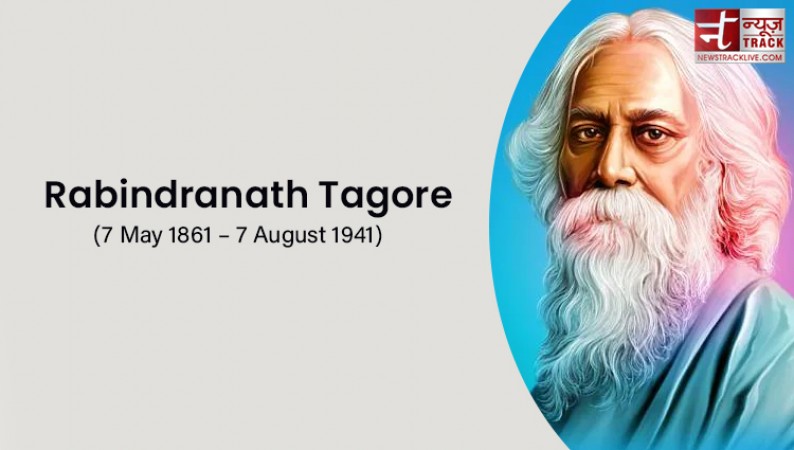
Rabindranath Tagore, a towering figure in Indian literature and culture, passed away on August 7, 1941, at the age of 80. He was a poet, musician, writer, and painter who became the first Asian to receive the Nobel Prize. As we commemorate his 83rd death anniversary, here are ten unique facts about the polymath that highlight his incredible contributions and legacy.
1. The First Non-European Nobel Laureate
In 1913, Rabindranath Tagore became the first non-European to win the Nobel Prize in Literature for his work "Gitanjali" (Song Offerings). The Swedish Academy praised his profound sensitivity, fresh imagery, and beautiful verse.
2. Composer of National Anthems
Tagore wrote the national anthems for two countries. "Jana Gana Mana," the national anthem of India, and "Amar Shonar Bangla," the national anthem of Bangladesh. His influence on both nations’ cultural identities remains unparalleled.
3. A Pioneer in Modern Indian Art
Apart from his literary genius, Tagore was also an accomplished painter. He began painting in his sixties and held exhibitions of his works in Paris and London. His art is characterized by bold lines and unconventional forms, making him a pioneer of modern Indian art.
4. A Lifelong Education Reformer
Tagore founded Visva-Bharati University in Santiniketan, West Bengal, in 1921. The institution aimed to blend the best of Eastern and Western philosophies and cultures. It continues to be a significant center for education, culture, and arts.
5. Advocate for Indian Independence
Tagore was a prominent figure in India's struggle for independence. He renounced his knighthood in 1919 to protest the Jallianwala Bagh massacre, where British troops killed hundreds of unarmed Indian civilians.
6. A Globe-Trotter
Throughout his life, Tagore traveled extensively across Europe, the Americas, and Asia. His interactions with leading intellectuals and artists of his time, including Albert Einstein and H.G. Wells, influenced his thoughts and works significantly.
7. Literary Contributions in Multiple Languages
Tagore was proficient in Bengali and English, and he wrote prolifically in both languages. His literary works include over 2,000 songs, numerous novels, short stories, plays, essays, and poems, making him one of the most versatile writers of all time.
8. An Early Environmentalist
Long before the global environmental movement gained momentum, Tagore advocated for harmony between humans and nature. His works often emphasized the importance of environmental conservation and the interconnectedness of all life.
9. Influence on Modern Indian Music
Tagore's compositions, known as Rabindra Sangeet, form a cornerstone of Bengali music. His innovative blending of classical Indian ragas with folk music created a unique musical style that continues to be celebrated and performed.
10. A Spiritual Philosopher
Tagore's spiritual philosophy was deeply rooted in humanism. His writings often explored themes of universalism, the divine presence in everyday life, and the unity of all creation. His work "The Religion of Man" encapsulates his thoughts on spirituality and human existence.
Rabindranath Tagore's multifaceted genius and enduring legacy continue to inspire generations. On his 83rd death anniversary, we celebrate the life and contributions of this extraordinary individual who shaped the cultural and intellectual landscape of not just India, but the entire world.